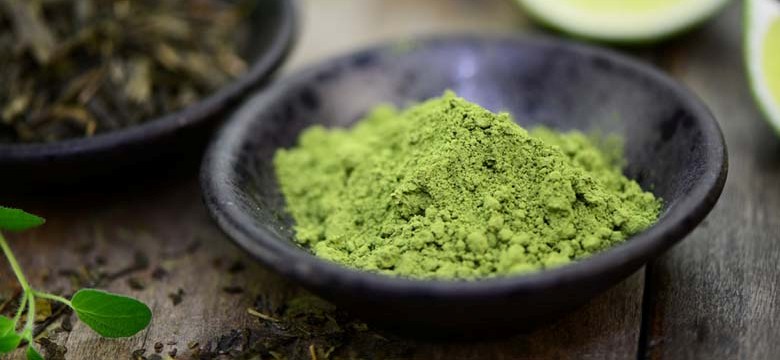German researchers have tested the ability of green teas made from Yabukita and Benifuuki cultivars to protect skin cells from the effects of free radicals. 32 people took part in the experiment, one part of them drank three cups of Yabukita green tea per day, the second — three cups of Benifuuki, and the third one was a control group drinking water. Two weeks later, it was found that the antioxidant effect for the skin in the Yabukita and Benifuuki groups was significantly better than in the control group. Interesting data. Almost as interesting as the fact that they used green tea, made from Benifuuki cultivar.

Benifuuki is a high-yield hybrid of the cultivar MakuraCd86 (pure sinensis) brought to Japan from Darjeeling, and Benihomare, a Japanese assamica cultivar (selected from Indian seedlings). Benifuuki is often used to produce black tea — and then there is nothing extraordinary in it (except for its being Japanese black tea, of course). But when green tea is made from Benifuuki, it contains significant amount of epigallocatechin-3-O-methyl-gallate, which, for example, is completely absent in tea made from Yabukita.
Methylated catechins have a pronounced antiallergic effect. Therefore, green tea from Benifuuki is popular in Japan during the cedar pollen season (ideally, one needs to start drinking the tea a month in advance) and is in demand among educated allergy sufferers in other countries.











